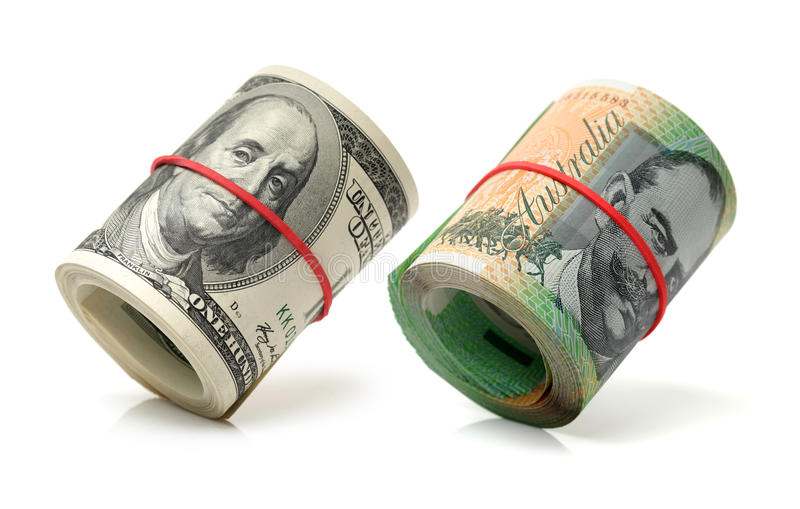Australian Dollar gains ground when the New Zealand Dollar appreciates.
The Australian Dollar (AUD) regained its recent losses on Wednesday, following the appreciation of the New Zealand Dollar (NZD) as the Reserve Bank of New Zealand (RBNZ) kept its Official Cash Rate (OCR) at 5.5%. Both currencies are strongly tied due to geographical proximity and strong Trade relations between Australia and New Zealand.
The RBA board discussed hiking interest rates in May but decided to keep the policy stable.
Investors continue to examine the forecast for the Reserve Bank of Australia’s (RBA) monetary policy. According to the RBA Meeting Minutes released on Tuesday, the board contemplated hiking interest rates in May but eventually chose to keep the policy constant. Policymakers emphasized the difficulties of absolutely ruling out future cash rate changes.
In Q1, Australia’s inflation rate was 3.6% year on year, down from 4.1% the previous period but still higher than market expectations of 3.4%. This suggests that inflation risks have grown slightly, as noted in the minutes of the RBA’s May policy meeting. The scenario forced the RBA to reconsider discussions about a possible interest rate increase.
The FOMC minutes are due on Wednesday, and they will provide insight into the Fed’s policy stance.
On the US Dollar (USD) front, dealers look for the minutes from the Federal Open Market Committee (FOMC) meeting on May 1 are due on Wednesday. They are looking for clues about the Federal Reserve’s (Fed) policy stance. The central bank remains cautious about inflation and the potential of rate reduction in 2024.
Daily Market Movers: Australian Dollar Appreciates Due To Positive Market Sentiment.
On Wednesday, the ASX 200 Index rose to over 7,860, powered by advances in heavyweight mining sectors due to higher metals prices. Australian equities followed Wall Street’s overnight advances, with the S&P 500 and Nasdaq Composite closing at fresh record highs of 5,321 and 16,832, respectively.
Susan Collins, President of the Federal Reserve Bank of Boston, presented at the event “Central Banking in The Post-Pandemic Financial System” on Tuesday. Collins noted that progress toward interest rate adjustments will take longer and highlighted that patience is the best strategy for the Fed, according to Reuters.
On Tuesday, Federal Reserve Governor Christopher Waller emphasized that he needs many more months of benign inflation statistics before he can support a policy relaxation.
According to the CME FedWatch Tool, the probability of the Federal Reserve enacting a 25 basis-point rate drop in September has increased slightly to 50.3%, up from 49.6% the day before.
Australia’s Westpac Consumer Confidence declined 0.3% month on month in May, compared to a 2.4% drop in April. It was the third consecutive month of decline, although the slowest speed in the sequence.
On Monday, the Chinese Commerce Ministry prohibited General Atomics Aeronautical Systems, a US corporation, from engaging in import and export activities connected to China. This decision comes amid increasing trade tensions between the US and China. Because China and Australia are close trading partners, any economic change in China could stimulate the Australian market.









